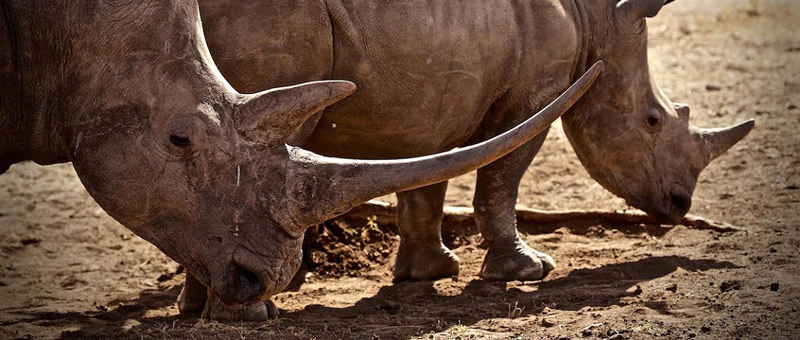Egypt remains a hot spot for wildlife crime and the illegal trade in ivory and baby chimpanzees.
More than 30 years after the ivory ban, Egypt remains Africa’s third-largest illegal market for ivory.
The ivory arrives from Sudan, and is often traced back to Kenya, Tanzania and Cote d’Ivoire.
Egypt’s involvement with the trafficking of great apes — as both a destination and transit point — constitutes its other focal role in this illicit trade. To get one baby chimp you need to kill most of his/her family. Try to imagine the devastation and the trauma.
Apes that do not remain in Egypt are smuggled out of Africa via Cairo and shipped to one of the world’s three main markets: the Middle East and the Gulf, China and Europe.






